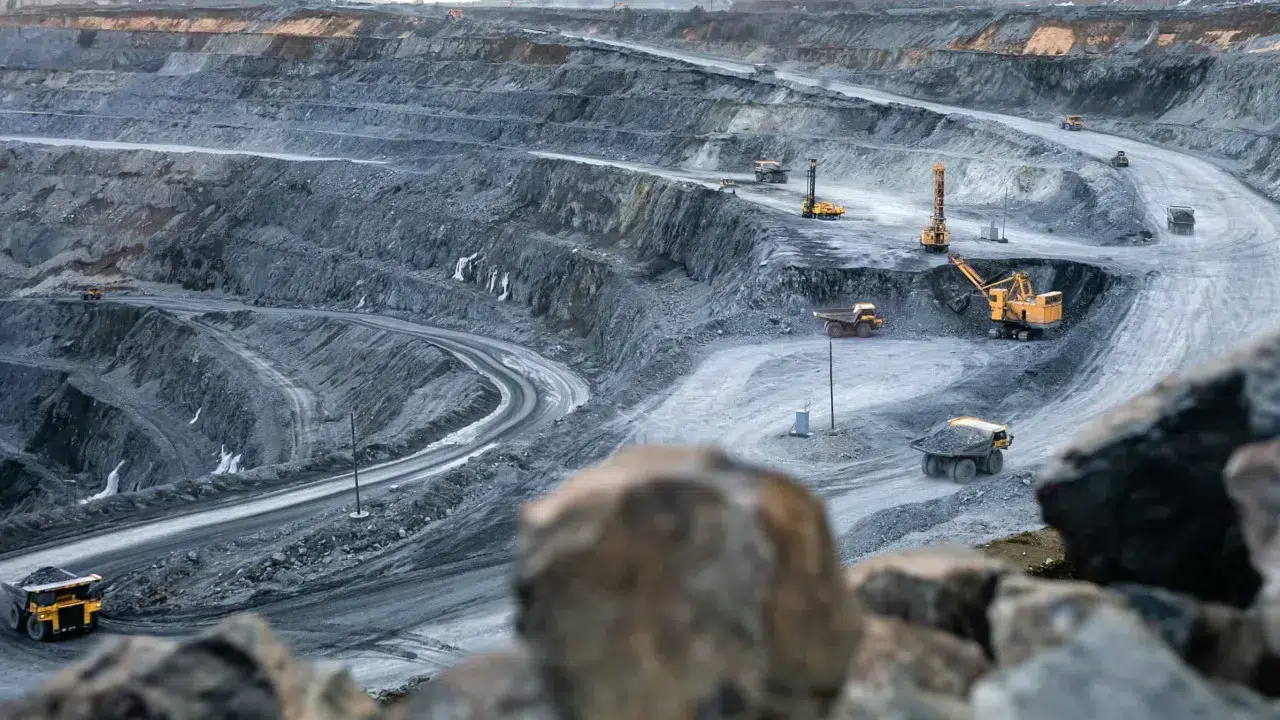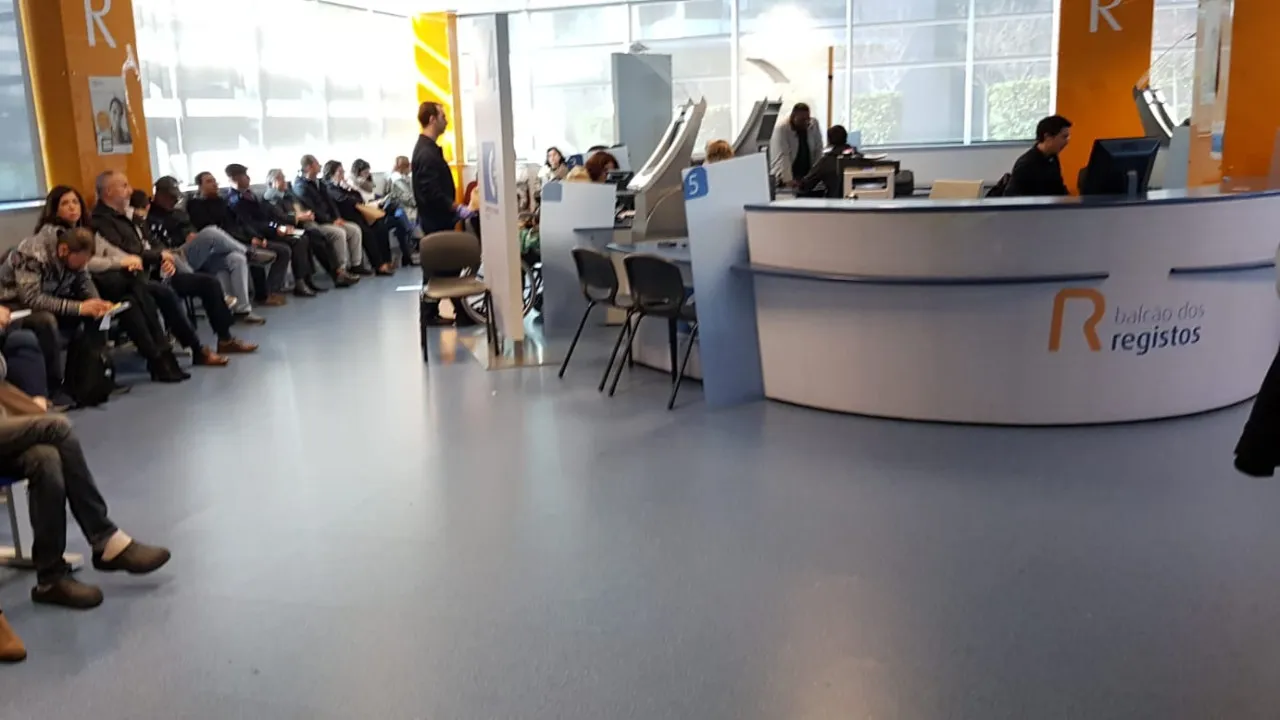
The Unidos em Defesa de Covas do Barroso (UDCB) association, MiningWatch Portugal, and ClientEarth have challenged the support given by the European Commission to the lithium mine in Boticas, in the northern district of Vila Real. On Wednesday, they requested a reassessment of the decision to classify it as a strategic project under the Critical Raw Materials Regulation.
The three non-governmental organizations (NGOs) claimed that the European Commission “did not correctly assess” the environmental and social risks of the open-pit mine, prompting them to file a complaint with the European body, which must respond within 22 weeks, potentially leading to proceedings before the European Court of Justice.
“Our project is proud of the recognition by the European Commission as a strategic project for Europe. It also takes pride in the decisive role it can play in Portugal’s reindustrialization, job creation in the country’s interior, and Europe’s energy transition. It is a great responsibility that we have, and we want to live up to it,” Savannah said in a statement to Lusa, reacting to the NGOs’ initiative.
The company further regretted that “lies about the Barroso lithium project continue to be spread intentionally and repeatedly.”
“The group of people behind today’s complaint is once again recycling arguments that have been repeatedly refuted, lacking scientific basis, relying on a study by someone who repeats the same theses in every project they ‘evaluate,’ and based on erroneous premises,” it added.
The company illustrated this by referring to the claim that the mine “will have a tailings dam, which is dangerous,” when “a tailings dam is simply non-existent in this project.”
The NGOs expressed concerns over the “unsafe” proposal for tailings storage (solid and/or liquid waste discarded after ore processing), the proposed water sources for the mine being “considered unviable,” and that the site approval does not meet necessary environmental conditions.
The organizations highlighted that residents of nearby villages, such as Covas do Barroso, Romaínho, and Muro, have long warned that the project endangers their lands and livelihoods.
“Lies do not become truths by being repeated. We are one of the most scrutinized projects in the country, with a solid and transparent technical basis,” Savannah further stated.
The open-pit lithium mine obtained a conditional Environmental Impact Statement (EIS) in 2023, and the company plans to start production in 2027.
In a statement released today, Savannah pointed to the “good progress of the work, both on the ground and on various other fronts,” noting that it continues with the “normal friendly land acquisition program” and is working with authorities to gain land access through legal tools at its disposal, such as administrative easements or expropriation.
According to the company, the preparation of the Environmental Compliance Report for the Execution Project (RECAPE) “continues at a good pace,” and in April, it submitted the environmental impact study for the future 16-kilometer road bypass planned in the project to the Portuguese Environment Agency (APA).




